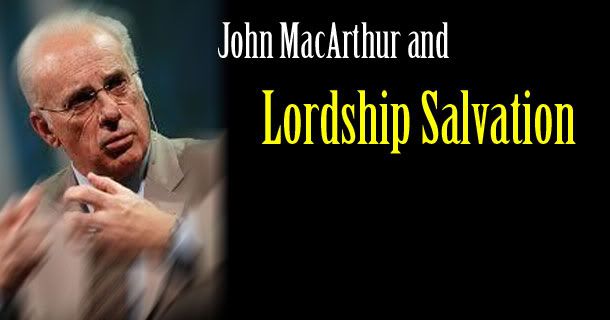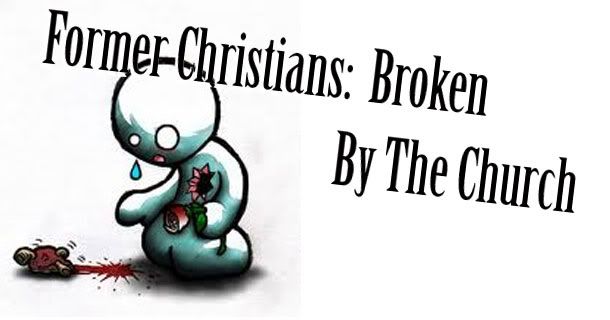
I was just preparing to do this blog post when I decided to find some clip art to illustrate the point that I'm going to attempt to make concerning idolatry. I did a Google search, and then clicked on "images" (how ironic), and found myself presented with a number of pictures, many of which pertain to American Idol.
Now, I find that funny, because it's my sincere doubt that anyone who follows the program actually trusts their favorite "idol" to rescue them from times of need and distress. They do, however, trust in their favorite idol to give them pleasure. And herein begins the point I want to try to make.
Anytime we trust in something other than God, we make that something into an idol. Boy, it's not like no one else on the planet or in history has ever said that, right? But the simple statement "anytime we trust in something other than God, we make that something into an idol" cannot convey the true power of the sin behind it. So we have no other choice but to either attempt to unpack the statement, or to try and restate it in a way that actually can convey the sin behind that statement.
Now I could spend some time unpacking this statement, or some time trying to restate it, but instead I think what I'll do is look at what it's not saying. I don't think it's that bad a thing that you "trust" that your car will start and be able to go in gear in the morning to get you to work. I don't think it's even about spending a Saturday afternoon cleaning said car, getting into every nook and cranny and removing every speck of dirt; shooing off the birds as they attempt to drop avian fecal matter on the fresh wax; I don't think that watching your television, or waiting in anticipation for your favorite TV show, or even setting up the DVR to record it; I don't think ANYTHING like that is a problem of idolatry.
Oh, but brother Matthew... OK, hold your horses, don't get yer undies in a bunch... These things can get in the way of your relationship with God. To which I say, sure, the world has a tendency to do that, doesn't it? It get's in the way. Just like wondering what you're going to make for dinner gets in the way, or having to sit down and pay the bills gets in the way.
No, we can drop all pretense and false dichotomies now! Here are the things we Idolize: The volunteer work we did at the local food bank. The cleanup work we did around the neighborhood. Or how we show up in Church to worship God. And how many times we pray in a day, or even an hour. Or how much we read our Bible. Or how many trips we made to the latest revivals. Or how many youth gatherings we helped to plan. Or how many years we were in the choir. Or how many praise bands we helped to form, or how many songs our bands could play. When we trust in our works before God in the grand scheme of things, we make our very works in the supreme idol that, with time, will eventually get us out of trouble. Or worse, we see our works as divine currency with which we buy or sell blessings from God in the very temple that God put forth on the Cross!
And worst of all? Some of us worship mans reason and knowledge. There in lies apostasy. Elevating such things above God will do nothing more than bring wrath and destruction on us for it is the very fallen reason of man that makes us believe such ignorance. This is why when I hear the words "we need to" feel a cringe ready to happen because I know that the next lines will be something other than "trust God who gives us all good things". (And before the word of faithers rejoice, see to it that you understand that the word "trust" and the phrase "speaking to the situation" are as diametrically opposed to each other as apple pie and arsenic.)
I was reading in Luther's Larger Catechism:
"And just because of such hardened heads who imagine because God connives and allows them to rest in security, that He either is entirely ignorant or cares nothing about such matters, He must deal a smashing blow and punish them, so that He cannot forget it unto children's children; so that every one may take note and see that this is no joke to Him. For they are those whom He means when He says: Who hate Me (Exodus 20:5), i.e., those who persist in their defiance and pride; whatever is preached or said to them, they will not listen; when they are reproved, in order that they may learn to know themselves and amend before the punishment begins, they become mad and foolish so as to fairly merit wrath, as now we see daily in bishops and princes."
Do we not see it daily now?







 10:19 PM
10:19 PM
 Matthew
Matthew



